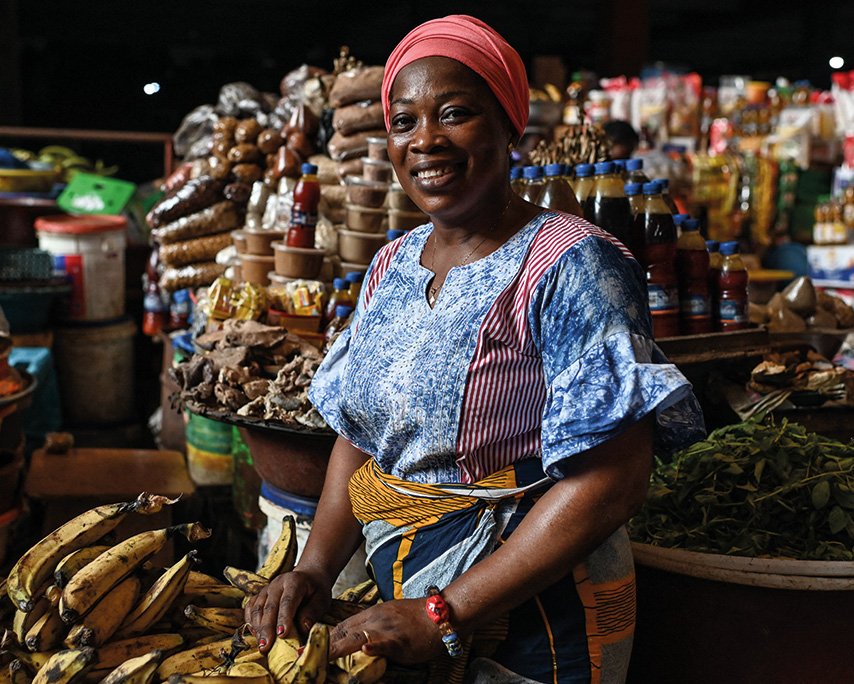French Language Day
In Africa, French is spoken in approximately 29 African countries, which are often referred to as “Francophone Africa.” As members of the International Organisation of the Francophonie (OIF), these countries either have French as their official language or a significant language for communication. Since there are 54 recognised countries in Africa this represents about 53.7% of French-speaking nations in Africa, calculated by dividing the number of Francophone African countries by the total number of countries in Africa.
Even with this significant number of French-speaking nations in Africa, French, like other indigenous languages, often plays a defining role in shaping identities and interactions. The continent boasts a rich linguistic landscape, with French and English standing out as the most widely spoken languages, respectively, in Francophone and Anglophone regions. However, this linguistic diversity sometimes acts as a barrier, hindering communication and collaboration, especially in the context of working towards common goals such as the Sustainable Development Goals (SDGs). It is possible to address this challenge by promoting multilingualism, supporting indigenous languages and improving translation services to ensure inclusivity and effective communication across linguistic boundaries.
To this effect, this year’s French Language Day offers a poignant moment to reflect on how translation serves as a powerful tool to bridge the language divide between Anglophone and Francophone Africa, fostering unity and cooperation towards achieving the SDGs.
The power of translation: facilitating idea exchange
At its core, translation is more than just converting words from one language to another. It is about conveying ideas, concepts and emotions across linguistic boundaries. In today’s interconnected world, where communication is key, translation can easily promote dialogue, empathy and global cooperation. Translation plays a crucial role in facilitating idea exchange by breaking down language barriers and enabling communication between people who speak different languages. It allows for the sharing of knowledge, culture and experiences across borders, fostering mutual understanding and collaboration. Through translation, individuals and organisations access a wealth of information and perspectives, enriching their societies and the communities they serve.
In the context of Anglophone and Francophone Africa, translation plays a pivotal role in facilitating the exchange of ideas and knowledge, allowing for a richer and more nuanced dialogue between communities. Imagine a scenario where a groundbreaking sustainable development initiative is launched in a Francophone African country. Through effective translation, this initiative is shared with Anglophone counterparts, sparking inspiration and collaboration. Similarly, ideas and best practices from Anglophone regions can be translated into French, ensuring they reach a wider audience and have a greater impact.
Bridging language barriers: fostering unity
Language barriers create psychological barriers that divide us. Therefore, by facilitating communication and understanding between Anglophone and Francophone communities’ translation fosters a sense of shared identity and purpose, enabling us to work together towards common goals such as sustainable development. Translation plays a crucial role in breaking down psychological barriers and building connections based on mutual respect and collaboration, ultimately leading to a more inclusive and united Africa.
Accelerating progress towards the SDGs
The SDGs represent a blueprint for a more sustainable and equitable world. By leveraging translation to unite Anglophone and Francophone Africa, we can accelerate progress towards these goals. Through collaboration, knowledge sharing and a commitment to mutual understanding, we harness the power of language to build a brighter future for all Africans.
As we celebrate French Language Day, let us reflect on the role translation plays in fostering unity and collaboration across linguistic divides. By embracing translation as a tool for change, we pave the way for a more inclusive and sustainable Africa, where all voices are heard and all communities thrive.



